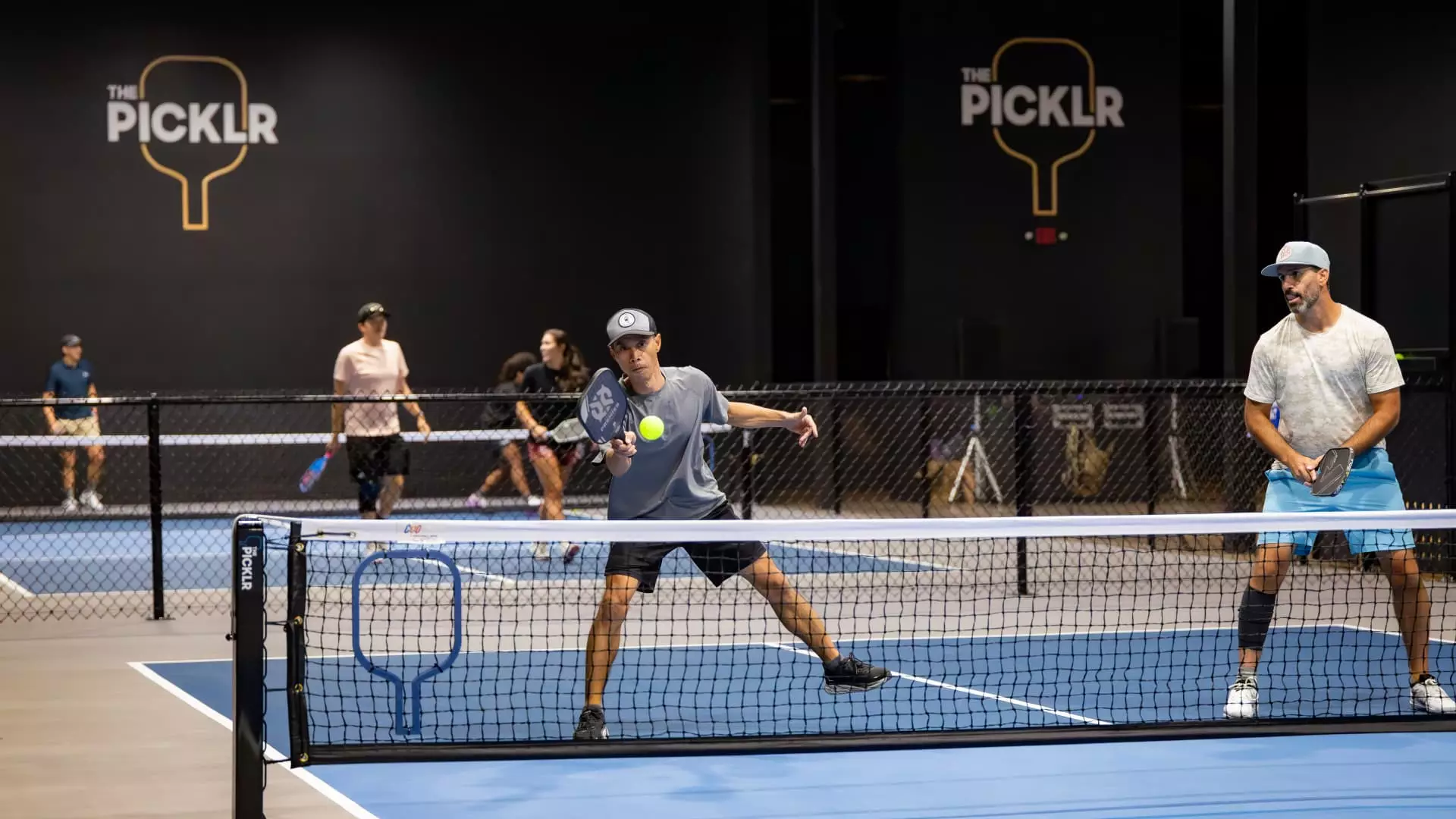Pickleball has taken the world by storm, firmly establishing itself as the fastest-growing sport across the United States with staggering statistics—participation surged by 223% over three years, according to the Sports and Fitness Industry Association. As the world’s largest pickleball franchise, The Picklr is strategically planting seeds in Japan, aiming to capitalize on this growing interest. This expansion, spearheaded by CEO Jorge Barragan, isn’t merely a business move; it’s a decisive statement about the future trajectory of the sport and the lifestyle it promotes.
The decision to establish a formidable presence in Japan is notable. Japan’s improving health consciousness and communal spirit make it a fertile ground for this game, which promises not just physical activity but an avenue for social interaction. As the Picklr gears up to launch 20 locations throughout the country, it’s hard not to feel a sense of optimism about how this could engage communities in a new, dynamic way.
A Strategic Partnership of Vision
The partnership with Nippon Pickleball Holdings serves as a cornerstone for The Picklr’s ambitious plans. Strategic partnerships are vital in any venture aiming for rapid expansion, especially in culturally distinct regions. Japan is known for its meticulous nature, and the cultural dialogue surrounding sports needs nuance. Here, The Picklr’s collaboration with a local entity creates a bridge, facilitating better understanding of customer preferences while ensuring that the ethos of the sport aligns with Japanese values. This is not just about selling pickleball—it’s about embedding it into the fabric of local sports culture.
Barragan confidently asserts that Japan will act as a conduit for further advancement into Asia. This high-stakes aspiration underpins the vision that transcends mere commercial gain; it aims to forge a bond through the shared experience of sport. Who wouldn’t want to be part of a growing community committed to health and connection?
A Revolutionary Model for Sports Engagement
Unlike traditional sports facilities, The Picklr follows a membership model that fosters an inclusive environment. Each club is structured to accommodate between 500 to 700 members, opening up a world of interaction through league formats, clinics, and tournaments. Such a model emphasizes engagement and community, pushing against the often solitary nature of modern sports.
This is particularly vital in a time when many are feeling increasingly isolated in urban environments. Pickleball emerges not just as a sport here; it’s a remedy for social disconnection. The influx of new clubs across Japan will undoubtedly nurture budding athletes and unite diverse demographics—from seasoned racket sport aficionados to novices eager to learn.
Future Growth and International Appeal
The trends demonstrate that pickleball shows no signs of abating. Barragan’s insight into receiving over 220 leads every month, with a significant number being international inquiries, is evidence of the sport’s expansive appeal. What makes this trajectory particularly compelling is the unshakeable belief in the growth potential beyond borders. International professional leagues are already eyeing expansion opportunities, mirroring the path that has propelled The Picklr’s growth.
Communities outside the U.S. reacting to the allure of pickleball—whether in Australia, India, or parts of Europe—signals a universal shift towards sports that emphasize accessibility and enjoyment over stringent competitiveness. This is a refreshing take that positions pickleball well for sustained success, as it attracts people from varying backgrounds and abilities.
An Opportunity for Cultural Integration
As Japan opens its doors to pickleball, it’s not merely about the sport itself, but also about cultural integration. The health-focused society that values community engagement will likely find resonance with pickleball’s lighter spirit. This is more than just a niche activity; it has the potential to participate in the ongoing conversation about sports, health, and community development in an increasingly fast-paced world.
The question remains: will Japan fully embrace this budding phenomenon, or will it merely become an adventurous footnote in its already rich sporting history? If the initial enthusiasm is any indicator, it appears that Japan is on the verge of making pickleball a cultural mainstay, enriching both its public spaces and the lives of its citizens.

